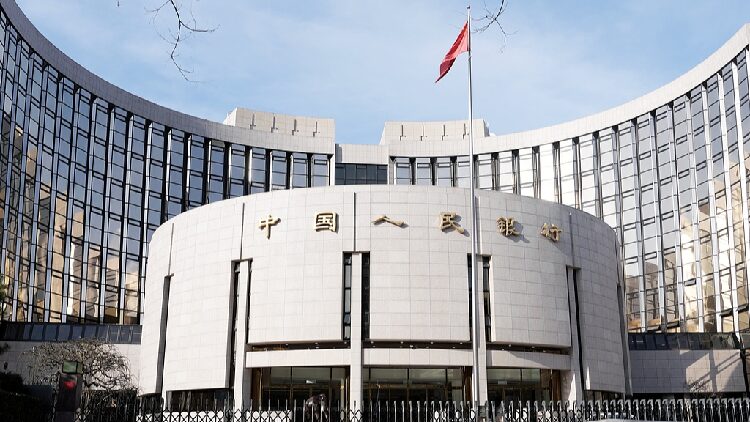China is taking new steps to boost its economy by adopting a moderately accommodative monetary policy. This move aims to support businesses, encourage investment, and align with global economic trends.
Why is this policy shift happening now?
Firstly, China’s economy faces challenges like reduced demand and difficulties for private enterprises, including fewer orders, higher labor costs, and cash flow issues. By adopting a moderately accommodative monetary policy—such as lowering reserve requirement ratios (RRR) and interest rates—the government aims to lower financing costs for businesses and individuals, boosting investment and consumption.
Secondly, the global economic recovery is still weak. Many developed economies have started easing their monetary policies, and China is aligning its approach to remain competitive and to mitigate any “imported inflation” due to external policies.
Thirdly, accommodative monetary policies have proven effective in driving economic recovery. Over the past year, measures like reducing the RRR and adjusting mortgage interest rates have started to show positive effects on the real estate market and consumer activity.
Key considerations for implementing the policy
The success of this policy depends on several factors:
- Moderation is key: Interest rates need to be adjusted carefully. Rates that are too low could lead to inefficient resource allocation or excessive financial speculation, which could harm long-term growth.
- Flexible timing: Adjustments to RRR and interest rates should be made based on domestic and international economic conditions. Implementing changes when economic data is weak can help address future uncertainties.
- Balanced approach: The policy should use various tools to both expand and reduce where necessary. This includes guiding financial resources to critical sectors like technological innovation, green transformation, and rural revitalization, while also improving the efficiency of existing financial resources.
- Coordinated efforts: Combining different policy tools can amplify their effectiveness, supporting stable economic growth and structural transformation.
Looking ahead
China’s shift to a moderately accommodative monetary policy is expected to strengthen policy continuity and effectiveness. By stabilizing expectations, boosting investor confidence, and encouraging consumer spending, this approach aims to inject sustained momentum into China’s economic growth.
Reference(s):
Moderately accommodative monetary policy a growth-booster for China
cgtn.com








